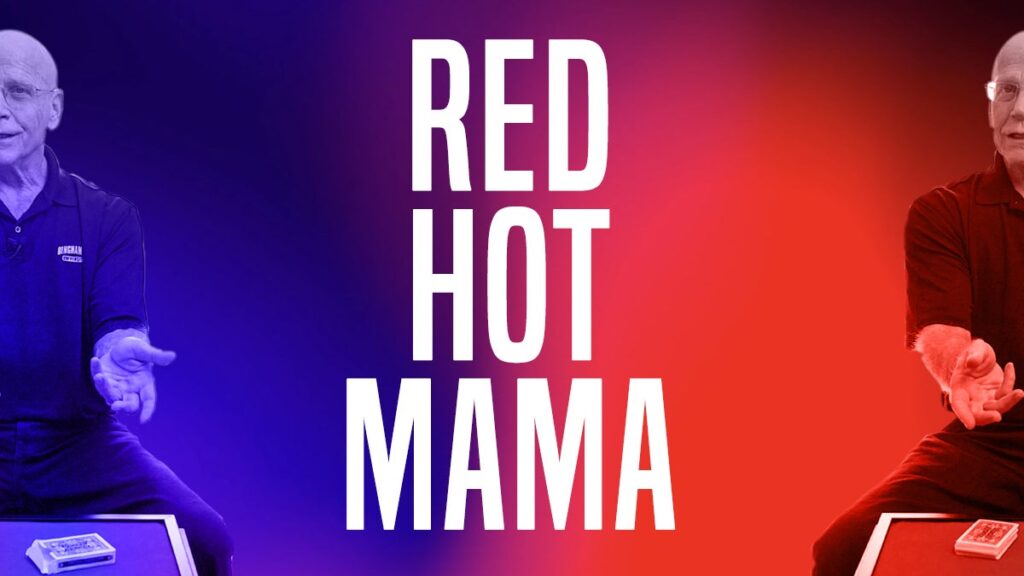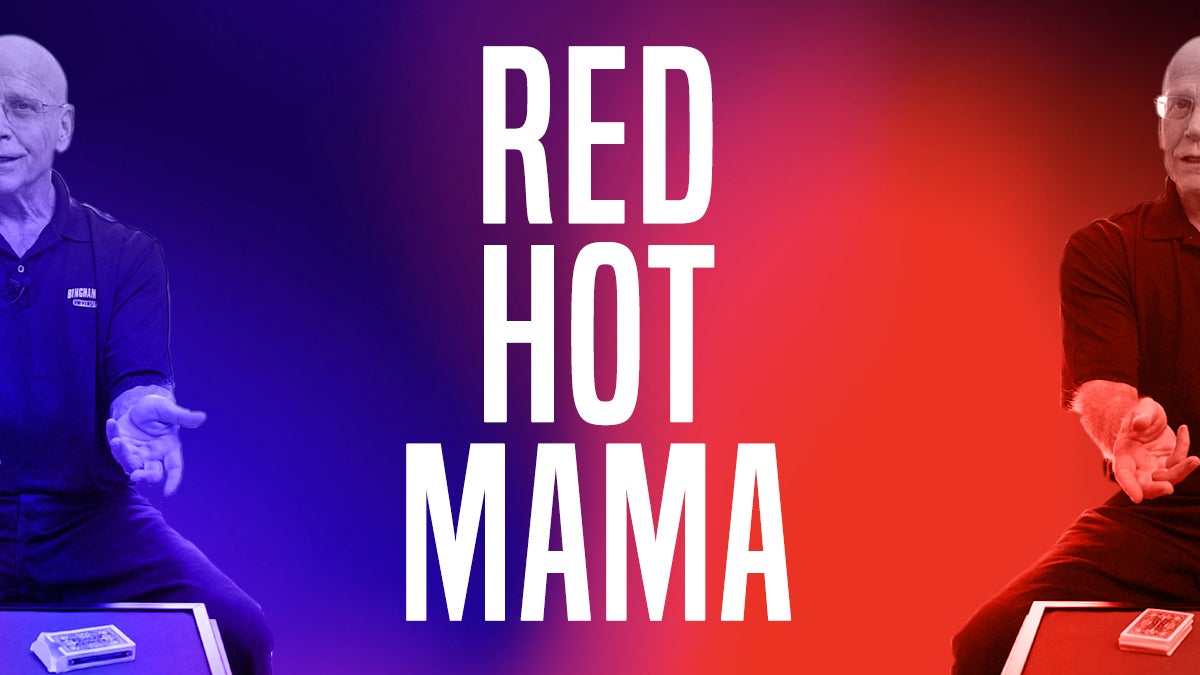
Decoding the ‘Hot Mama Sexy’ Phenomenon: Empowerment, Objectification, and Shifting Perceptions
The phrase “hot mama sexy” is a loaded term, sparking diverse reactions and interpretations. While some view it as an empowering expression of female sexuality and confidence post-childbirth, others see it as potentially objectifying and perpetuating unrealistic beauty standards. Understanding the nuances of this phrase requires examining its cultural context, historical roots, and the individual experiences it encompasses. This article aims to dissect the “hot mama sexy” phenomenon, exploring its multifaceted dimensions and the ongoing debates surrounding it.
The Evolution of ‘Sexy’ After Motherhood
Historically, motherhood has often been associated with demureness and selflessness, sometimes overshadowing a woman’s individual identity and sexuality. The concept of a “hot mama sexy” challenges this traditional narrative, asserting that motherhood and sex appeal are not mutually exclusive. This shift reflects a broader cultural movement towards embracing female sexuality throughout all stages of life.
However, this evolution is not without its complexities. The pressure to conform to idealized images of beauty and sexuality can be particularly intense for new mothers, who are already navigating significant physical and emotional changes. The media often portrays highly curated images of “hot mamas,” contributing to feelings of inadequacy and self-doubt among women who may not fit this narrow definition. [See also: Postpartum Body Image: Navigating Expectations]
Empowerment or Objectification? The Core Debate
The central debate surrounding the “hot mama sexy” label revolves around whether it empowers women or objectifies them. Proponents argue that it allows women to reclaim their sexuality after childbirth, celebrating their bodies and embracing their confidence. They view it as a rejection of societal expectations that mothers should prioritize their children’s needs above their own desires.
Conversely, critics argue that the term perpetuates the objectification of women, reducing them to their physical appearance and reinforcing the male gaze. They contend that it places undue pressure on mothers to conform to unrealistic beauty standards, contributing to body image issues and feelings of self-worth based on external validation. The focus on being “sexy” can overshadow the other important aspects of motherhood, such as nurturing, caregiving, and emotional support.
Individual Agency and Choice
Ultimately, the interpretation of “hot mama sexy” is highly subjective and depends on individual agency and choice. For some women, embracing this label may be a source of empowerment and self-expression. They may feel confident and comfortable owning their sexuality and challenging societal norms. For others, the term may feel uncomfortable or objectifying, and they may prefer to define their identity outside of this framework.
It’s crucial to respect individual choices and avoid imposing judgments based on personal beliefs. A woman’s decision to embrace or reject the “hot mama sexy” label should be respected without criticism or condemnation. The key is to ensure that women have the autonomy to define their own identities and express their sexuality in ways that feel authentic and empowering to them.
The Role of Media and Social Media
Media and social media play a significant role in shaping perceptions of the “hot mama sexy” archetype. Celebrities and influencers often portray idealized images of motherhood and sexuality, which can influence societal expectations and contribute to unrealistic beauty standards. While some media representations can be empowering, others can perpetuate harmful stereotypes and contribute to feelings of inadequacy.
Social media platforms, in particular, can create a culture of comparison and self-scrutiny, where women are constantly bombarded with images of seemingly perfect mothers and bodies. This can lead to feelings of pressure to conform to unrealistic beauty standards and a constant need for external validation. [See also: Social Media and Body Image: A Critical Analysis]
Promoting Realistic and Diverse Representations
To counter the negative effects of media and social media, it’s essential to promote realistic and diverse representations of motherhood and sexuality. This includes showcasing women of different ages, body types, ethnicities, and socioeconomic backgrounds. It also means highlighting the challenges and complexities of motherhood, rather than solely focusing on idealized images of perfection.
By promoting a more inclusive and nuanced portrayal of motherhood, we can help to challenge harmful stereotypes and create a more supportive and empowering environment for women. This involves celebrating the diversity of experiences and recognizing that there is no one-size-fits-all definition of “hot mama sexy.” The focus should be on celebrating individuality and empowering women to define their own identities on their own terms.
Beyond the Label: Redefining ‘Sexy’ and ‘Mama’
Ultimately, the debate surrounding “hot mama sexy” raises broader questions about the definitions of “sexy” and “mama” themselves. Traditionally, “sexy” has been associated with youthfulness, physical attractiveness, and availability. However, this definition is narrow and limiting, failing to encompass the diverse ways in which women can express their sexuality and feel confident in their bodies.
Similarly, the traditional definition of “mama” often emphasizes selflessness, nurturing, and domesticity. While these qualities are certainly important, they should not overshadow a woman’s individual identity and personal aspirations. Motherhood is a multifaceted experience that encompasses a wide range of emotions, challenges, and rewards.
Embracing a More Holistic View
To move beyond the limitations of these traditional definitions, we need to embrace a more holistic view of both “sexy” and “mama.” This means recognizing that sexuality is a fluid and evolving aspect of identity, and that it can be expressed in diverse ways throughout a woman’s life. It also means acknowledging that motherhood is a complex and multifaceted experience that encompasses both joy and challenges.
By embracing a more inclusive and nuanced understanding of these terms, we can create a more supportive and empowering environment for women. This involves celebrating the diversity of experiences and recognizing that there is no single definition of “hot mama sexy.” The focus should be on empowering women to define their own identities and express their sexuality in ways that feel authentic and empowering to them. The essence of a “hot mama sexy” should be about confidence, self-love, and embracing one’s own unique beauty, regardless of societal expectations.
Conclusion: Navigating the Complexities of ‘Hot Mama Sexy’
The phrase “hot mama sexy” is a complex and multifaceted term that sparks diverse reactions and interpretations. While it can be an empowering expression of female sexuality and confidence post-childbirth, it can also be potentially objectifying and perpetuating unrealistic beauty standards. Understanding the nuances of this phrase requires examining its cultural context, historical roots, and the individual experiences it encompasses. The key takeaway is that individual agency and choice should be paramount. Women should have the autonomy to define their own identities and express their sexuality in ways that feel authentic and empowering to them. The media should strive for realistic and diverse representations of motherhood, and society should embrace a more holistic view of both “sexy” and “mama,” moving beyond narrow and limiting definitions. Ultimately, the goal is to create a supportive and empowering environment where women can celebrate their bodies, embrace their sexuality, and thrive in all aspects of their lives. The concept of a “hot mama sexy” should be about feeling good in your own skin and embracing the journey of motherhood with confidence and self-love.

